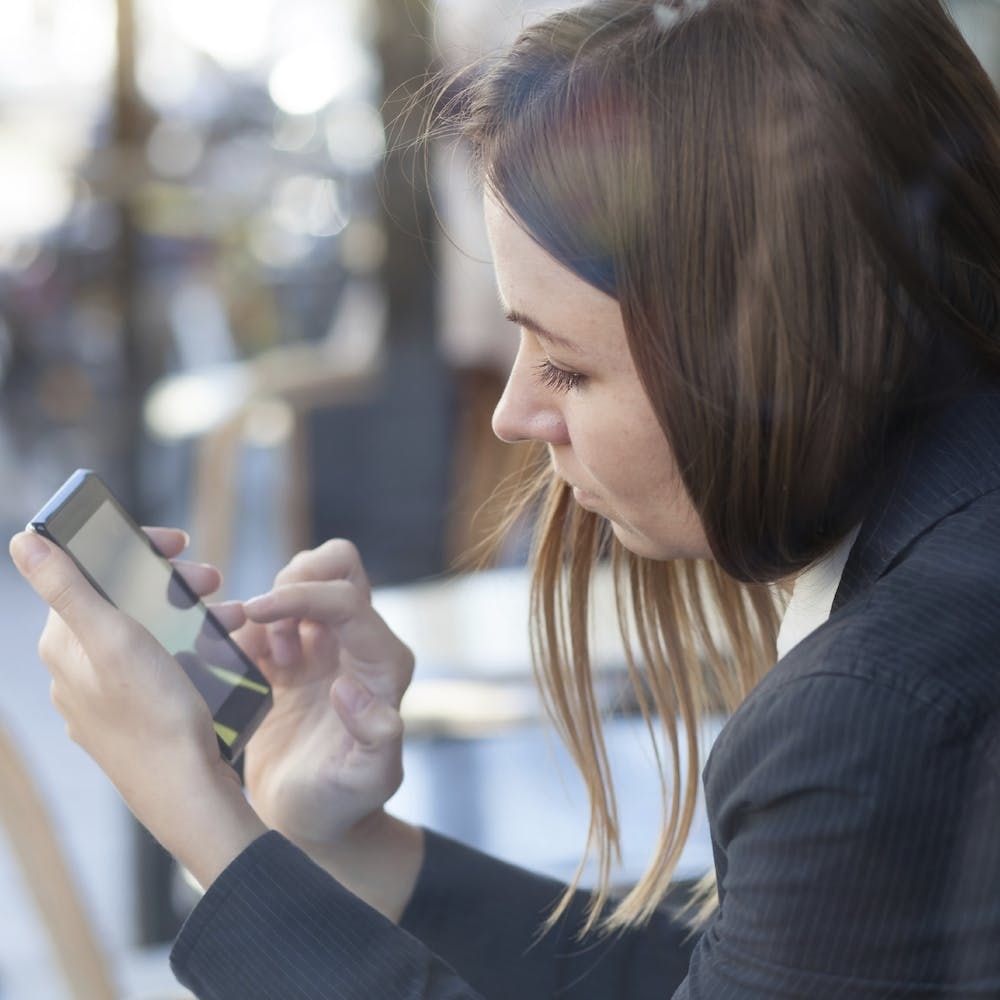You do it. I’ve done it. We’re all guilty of this super common practice. Whether you’re hoping to save your data, you’re traveling in a foreign country or you’re working from a local coffee shop, you’ve probably logged onto public Internet before. But did you know this seemingly innocuous act can actually be incredibly dangerous? You should know what the dangers are and how you can protect yourself next time you see the words “Free WiFi.”

Because public WiFi is open use, it’s also generally speaking, unencrypted. That means everything you’re browsing could potentially been snooped on by someone with the proper software who is within range. This can be especially scary if you’re logging into sensitive material like your email account, personal social media profiles or any site that has your credit card number saved.
Another reason why you should be wary of joining free WiFi is in case compromised devices connected to it are malicious. We’re talkin’ viruses. It’s possible for another infected computer to make its way into the world wide web via a public network and attempt to infect other connected devices. Lastly, the hotspot itself could be dangerous. There’s something called a honeypot network, and that’s a decoy server that presents itself as legit, but is actually intended to “trap” your devices for hackers to gain access to your systems.
There are, however, ways that you can protect yourself. First of all, make sure any site you’re looking at reads “https” instead of “http.” The difference between the two lies in the “s,” which stands for “secure.” Hypertext transfer protocol (or “http”) is how your Internet browser connects with a site’s server — “https” connections are encrypted with an SSL secure certificate in keep your communications private and scramble your personal info. And absolutely never log onto online banking when you’re connected to public WiFi.
Secondly, if you spend all day in coffee shops or airports where there’s no password for the network, you might want to consider investing in VPN software. A VPN, or Virtual Private Network, essentially secures any network for private use — it essentially provides you with your own private network via a public one.
One more way you can protect yourself is by enabling two-step authentication on your personal accounts, like email and Facebook. Two-step authentication adds an additional layer of security, even though it can be a real hassle when you accidentally lock yourself out. In case you don’t know what two step authentication is, CNETmakes a fantastic analogy that makes it really easy to understand: your debit card. In order to access your bank account you need 1) your debit card and 2) your PIN-code. It’s the same idea for your accounts where you’ll need 1) your password and 2) a verification code each time you sign in from a new location.
Stay safe out there, kids.
Will you take precautions before joining public WiFi? Tweet us @BritandCo!
(Photos via Getty)


